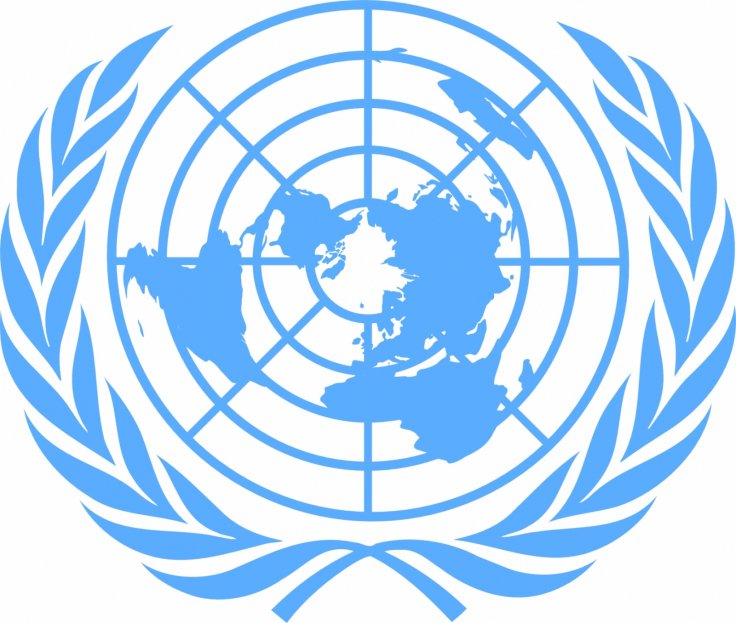The UN Security Council (UNSC) is set to hold a secret meeting on the COVID-19 pandemic on Thursday amid divisions on recognising its origin and international action.
The Dominican Republic, which holds the rotating presidency of the Council, said that UN Secretary-General Antonio Guterres will brief the meeting on his call for a global ceasefire, the pandemic's impact on peacekeeping operations and the humanitarian response.
US wants China to be named as the source of pandemic
China and Russia were reported to be opposed to the meeting, while the US wanted China to be named as the source of the pandemic. The initiative for the meeting came from nine of the 10 non-permanent members of the Council led by Germany. South Africa did not join the effort.
The divisions in the UN on the COVID-19 pandemic were on stark display when the General Assembly took up the issue last week. The 193 members adopted unanimously a resolution on the pandemic that was sponsored by Singapore and five other countries. It called for global solidarity to deal with the crisis and asked Guterres to lead the effort against the pandemic and its economic and social impacts.

It also opposed discrimination, xenophobia and racism in responding to the pandemic. Under the pandemic rules adopted by the Assembly, which cannot meet at the UN headquarters because of the restrictions in the city, resolutions are adopted after the President, Tijjani Muhammad-Bande, circulates them and there is no opposition from any country within 72 hours.
Russias proposal quashed
Russia proposed a rival resolution with the support of Cuba and three other countries that said actions should not be unilateral but have the approval of the Council and opposed trade wars and protectionism. It was defeated under the new rules because the US and several European countries opposed it. The Council meeting on Thursday is unlikely to adopt any resolution.
The Council had held meetings on the Ebola epidemic -- which did not seriously affect the permanent members, unlike the COVID-19 pandemic -- and passed several resolutions, mainly focusing on the international security issue of attacks on medical personnel in the Democratic Republic of Congo.









